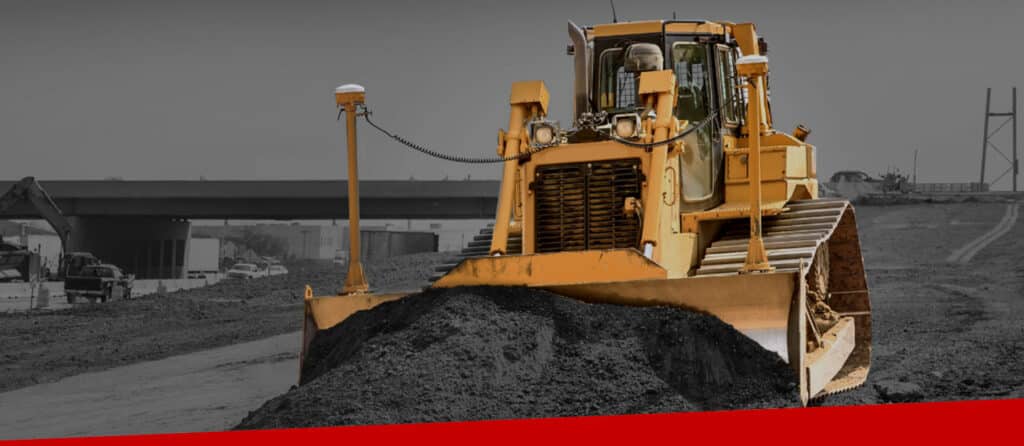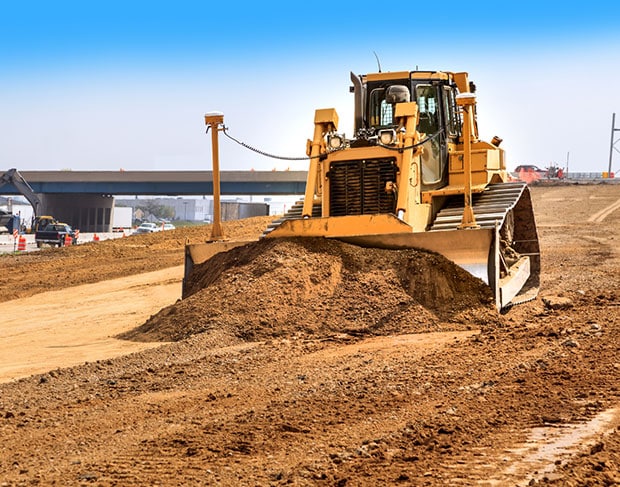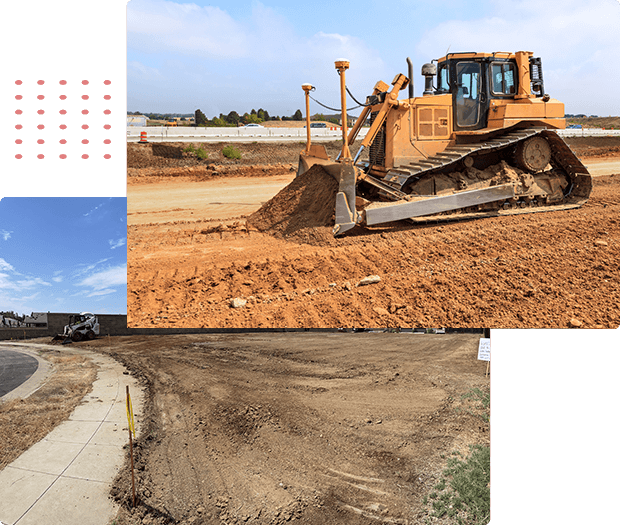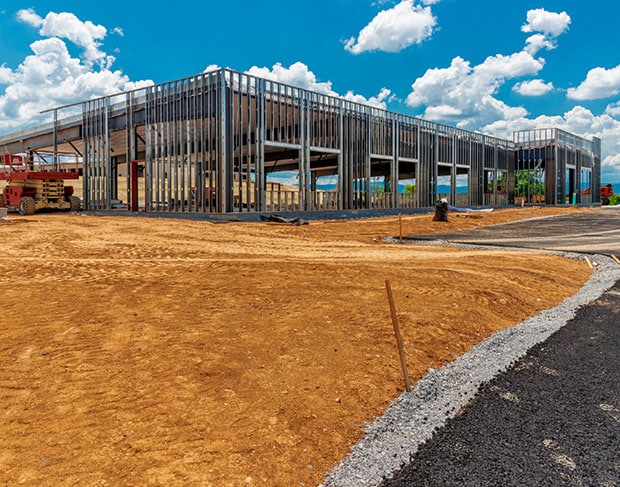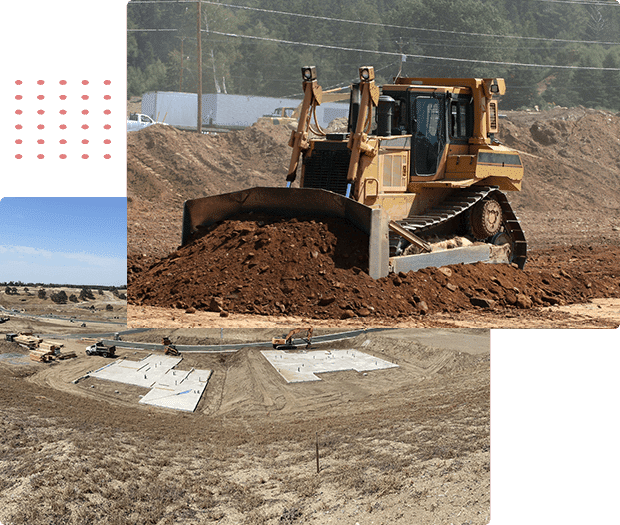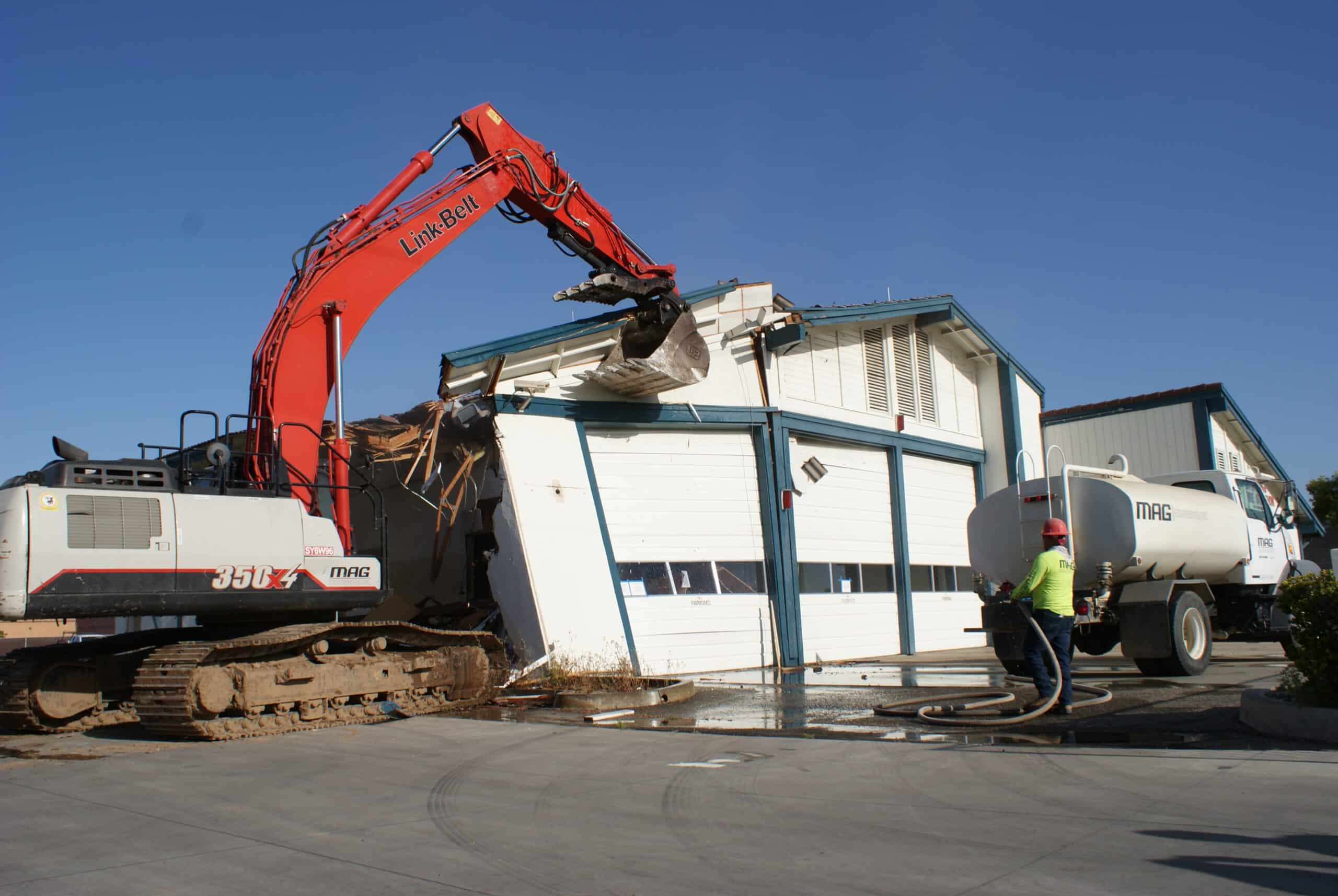Excavation projects can be tedious and complex. Tasked with a job of over-excavating and importing 5,000 cubic yards of material, plus compaction, the job would require great attention to detail while working in a tight location. Working in a space-limited location is hard enough, but having it completed on time, safely, and with precision requires an engineering team you can trust.


